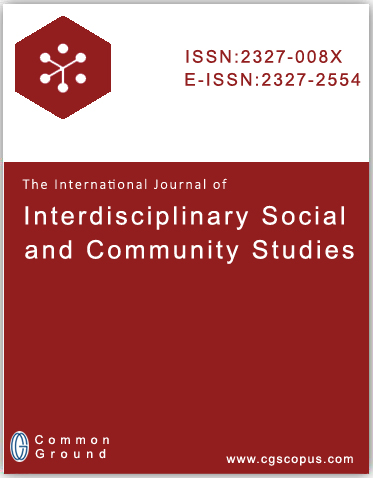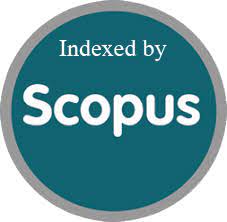ECOSTYLISTICS AND URBAN GOVERNANCE: REIMAGINING THE CITY THROUGH TAGORE'S LITERARY LANGUAGE IN THE ANTHROPOCENE
DOI:
https://doi.org/10.18848/ytg8ry88Keywords:
ecostylistics, urban governance, sustainability, cognitive poetics, postcolonial ecocriticismAbstract
In the anthropocene, urban centers have emerged as critical arenas where ecological degradation, social inequities, and ideological control intersect. This article investigates how Rabindranath Tagore’s literary imagination offers a compelling critique of modern urbanism and governance through the lens of ecostylistics. Focusing on seminal texts such as The Home and the World (1916/2008), The Postmaster (1891/2008), and the essay City and Village (1928/1991), this study explores how stylistic devices—metaphor, imagery, rhythm, silence, and narrative perspective—encode critiques of colonial urbanization, emotional dislocation, and environmental estrangement. Tagore’s stylistic minimalism, fragmented narration, and polyphonic voices create text-worlds that resist linear progress, instead privileging ethical ambiguity and emotional complexity. His characters do not merely inhabit urban spaces; they navigate, challenge, and reshape them through quiet acts of emotional and relational agency. In doing so, Tagore dramatizes the affective and ecological costs of exploitative governance while offering narrative strategies for ethical cohabitation and sustainability. Framing the discussion within ecostylistic theory and postcolonial environmental humanities, this paper argues that Tagore’s work anticipates and enriches contemporary debates on participatory governance, justice, and urban ecological ethics. Ultimately, it proposes that his literary method models an alternative sustainability paradigm—one grounded not in technocratic control, but in empathy, dialogue, and poetic reimaginings of urban life.










